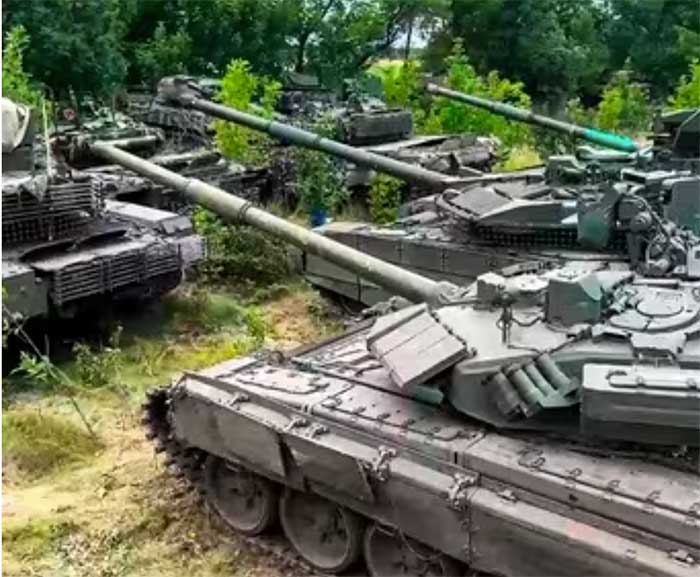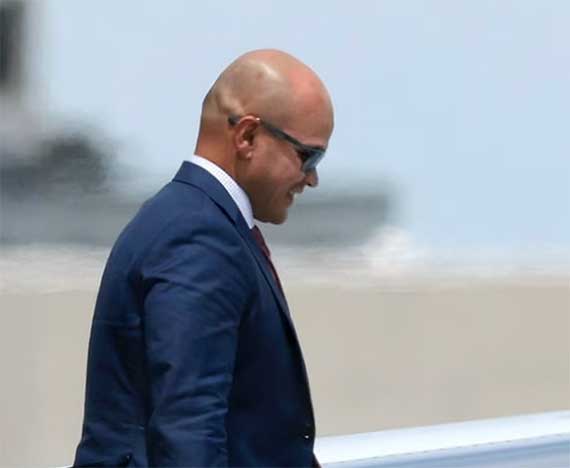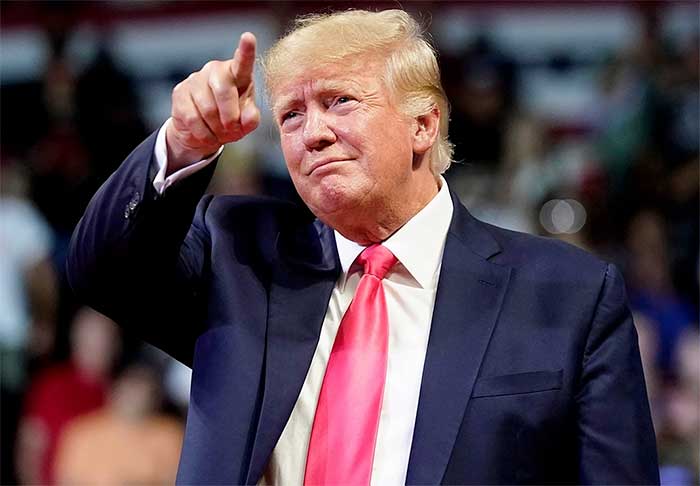Major General Ivan Popov, the Russian commander overseeing forces in the southern region of Ukraine, has been discharged from his duties. This development follows his candid remarks about the issues faced by his soldiers, which unveiled fresh divisions within the Russian military command after a short-lived insurrection by mercenary leader Yevgeny Prigozhin.
Commander of the 58th Army engaged in Ukraine’s Zaporizhzhia region, Popov, indicated in an audio message to his soldiers late Wednesday that he was let go after a meeting with high-ranking military officials. His transparent discussion about the struggles of his forces, especially the dearth of radar systems tracking enemy artillery causing significant Russian losses, seemed to have irked the military leadership.
Popov, known by the call name Spartacus, pointed out that top-ranking officers saw him as a risk and hastily made the decision to dismiss him, which the defense minister sanctioned within a day. He stated that while the Ukrainian forces failed to break their army’s defense, their top commander essentially betrayed them at this challenging juncture.
Addressing his soldiers as “my gladiators” in the released audio message, Popov, a 48-year-old commander who moved up from a platoon leader to lead a large force, has been known for his relaxed command style, markedly different from the rigid formality common in the Russian military. This earned him recognition among military bloggers for trying to prevent unnecessary losses, in contrast to other commanders who were keen to risk their soldiers to report achievements.
Popov’s dismissal follows the death of another high-ranking officer, Lt. Gen. Oleg Tsokov, who was leading Russian forces in the south against the Ukrainian counteroffensive. Tsokov was killed by a Ukrainian missile strike. Russian Defense Ministry has yet to report Tsokov’s death.
Popov’s comments about needing to rotate his forces, which have been combating a Ukrainian counteroffensive since early June, reportedly irked General Staff chief Gen. Valery Gerasimov, leading to Popov’s swift dismissal.
The criticism of top military officials by Popov echoed the sentiments expressed by Prigozhin. But Sergei Markov, a pro-Kremlin political analyst, made clear that Popov’s statement was not an act of rebellion but a call for Putin’s assistance. He added that such public disputes are not indicative of force.
In a failed revolt that lasted less than a day, Prigozhin’s mercenaries from the Wagner Group swiftly took control of the military headquarters in the southern Russian city of Rostov-on-Don. They drove as close as about 200 kilometers (125 miles) to Moscow before withdrawing after striking a deal for amnesty and permission to move to Belarus.
This rebellion posed the greatest challenge to Russian President Vladimir Putin’s over two decades in power and significantly tarnished his authority. Prigozhin clarified that the uprising was intended to prompt the removal of Gerasimov and Defense Minister Sergei Shoigu, whose actions in Ukraine he criticized, and was not aimed against the president.
Further details surrounding the deal with Prigozhin remain ambiguous, just like the fate of Gen. Sergei Surovikin, the deputy commander of the Russian force fighting in Ukraine. Surovikin reportedly was detained for questioning regarding his connections with Prigozhin.
On Wednesday, the Defense Ministry announced that Wagner Group mercenaries were finishing up the handover of their weapons to the Russian military, a move as part of Kremlin’s measures to mitigate the threats it posed.




